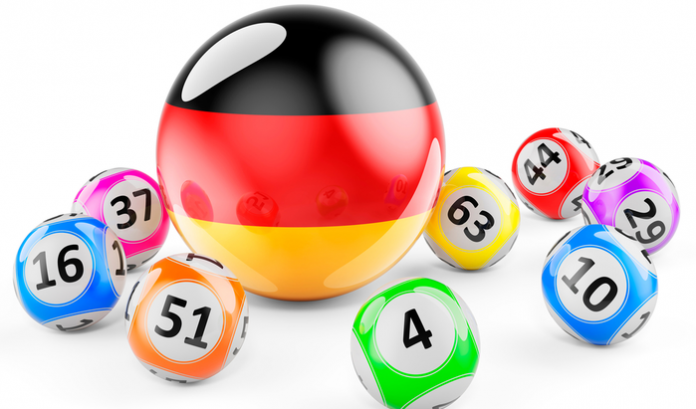Gemeinsamen Glücksspielbehörde der Länder (GGL) – the new federal agency for German gambling – has targeted the online lottery operator Lottoland in its first enforcement campaign.
The Gibraltar-based firm has been accused of ‘offering illegal gambling for years’ to German consumers, allowing bettors to place a wager on the outcome of a lottery draw instead of participating in the actual draw itself.
The GGL’s campaign was disclosed on Friday, during a digital press conference hosted by its co-leadership of Ronald Benter and Benjamin Schwanke, who outlined the regulator’s initial duties and measures available to safeguard “German gambling’s legal offer’ and ‘block the offers of ineligible lottery betting operators’.
“These offers cannot be permitted on the basis of the State Treaty on Gambling and have therefore already been prohibited,” the GGL explained, whose official website was launched in February 2022.
“However, you can still be reached online. For this reason, the first legal steps taken by the joint gaming authority of the federal states were aimed at stopping the Lottoland offers through the administrative procedure for IP blocking.”
Bets could be placed via the www.lottoland.com, www.lottohelden.de and www.lottohelden.com websites, which have now been subject to IP blocks by the new regulator.
These measures were implemented against Lottoland and Lotthelden at the beginning of the month, following similar bans in other countries, and saw internet providers requested to block the firm’s webpages.
The GGL stressed that it has the authority to impose ‘sensitive penalties’ against internet providers should they not comply with the regulatory request to ensure the measure can be effectively implemented.
Enforcement procedures will be prioritised by information received from the regulator’s “whistle-blower system” – providing the agency with direct insights on unlicensed operators and their advertising campaigns.
“For us, the priority in combating the black market is enforcement against providers who are not willing to regulate,” Schwanke commented.
“We will remove players from the market who do not comply with the rules of the State Treaty on Gambling, who have not applied for a licence or who have been rejected. Criteria for prioritisation in implementation include market size, awareness and advertising behaviour/volumes.”
In addition to IP blocking the regulator will also enact payment blocking, report to tax authorities and pursue criminal charges, the latter requiring cooperation with the legal authorities of Saxony-Anhalt – the German lander charged with political oversight of the GlüNeuRStv regime.
Benter and Schwanke have also called for a ‘special public prosecutor office’ to be established in Halle, tasked with overseeing illegal gambling prosecutions that will target the management of unlicensed operators.
Lastly, the regulator has detailed plans for further development of payment blocking abilities, building on the previous role of the Lower Saxony Ministry of the Interior with a ‘concentration of personnel, responsibilities and knowledge’.
Schwanke added: “We are interested in a cooperative cooperation with the payment service providers, but we can also initiate appropriate administrative procedures if the payment service provider does not meet its obligations, and with the penalty payment and administrative offence proceedings and criminal proceedings we have effective instruments for enforcing the order.”



























